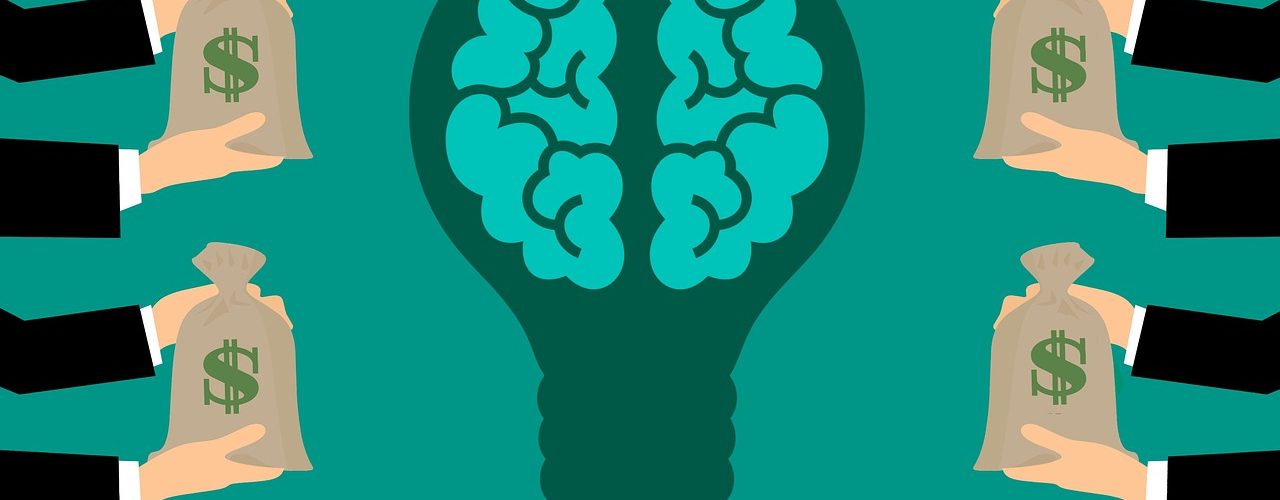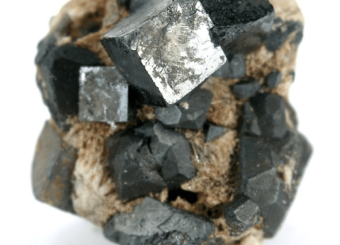The ignoble pursuit of knowledge

You’ve probably heard of the Nobel Prizes1 – prestigious awards highlighting ground-breaking achievements – and the famous Nobel laureates Albert Einstein, Martin Luther King Jr and Marie Curie. But have you heard of the lesser-known Ig Nobel Prizes2? If not, you’re in for a treat.
The Ig Nobel Prizes are a parody of the Nobel Prizes, intending to celebrate bizarre discoveries that “make people laugh, and then think”3. Founded by Marc Abrahams in 1991, the Ig Nobels are presented annually in a sell-out ceremony at Harvard University. Winners across ten categories – ranging from biology, medicine, and nutrition to literature, peace and psychology – are presented with a now-obsolete ten trillion Zimbabwean dollar bill. When Zimbabwe abandoned its currency in 2009, the bill was only worth around 50 pence4. Ironically, recipients must accept their prize from a genuine Nobel laureate – who themselves would have received over £750,000 for their work.
This year’s ceremony, held in September, did not disappoint. Researchers were awarded for inventing a nappy-changing machine, calculating the amount of saliva a typical five-year-old produces per day (500ml, of course) and measuring postmen’s scrotal temperatures. The economics prize went to microbiology researchers who investigated which country’s banknotes were best at transmitting infectious bacteria. The dirtiest turned out to be the Romanian Leu, while the Croatian Luna was crowned the cleanest5.
Silvano Gallus, winner of the medicine prize, found that pizza can protect against heart attacks and digestive tract cancers, but only if the pizza is made and eaten in Italy. Meanwhile, Patricia Yang and David Hu received their second Ig Nobel Prize for studying how and why Australian wombats produce cube-shaped poo. They bagged their first prize in 2015 for deducing that all mammals weighing more than 3kg empty their bladders in about 21 seconds6.
Do Ig Nobel-honoured discoveries have real-world consequences?It would appear so. In 2006, Bart Knols won the biology prize for showing that the female malaria mosquito, Anopheles gambiae, is equally attracted to the smell of human feet and Limburger cheese. As a result of this finding, mosquito traps baited with Limburger cheese were placed in strategic locations across Africa to help combat the malaria epidemic7. Later, in 2012, Craig Bennett was awarded the neuroscience prize for detecting meaningful brain activity in a dead salmon. This finding sent shock waves through the scientific community and has since prompted neuroscientists to adopt more efficient analysis methods8.
Who knows what the future will bring for this year’s winners. A real Nobel Prize, perhaps? As of 2019, Andre Geim is the only person to win, as an individual, both accolades. He received the Ig Nobel in 2000 for using the magnetic properties of magnets to levitate a frog, and the Nobel Prize 10 years later for his work on graphene9.
One thing is certain – the Ig Nobel Prizes are a remarkable celebration of curiosity and creative thinking, guaranteed to keep us entertained for years to come.
Edited by Frankie Macpherson
References
- https://www.nobelprize.org/
- https://www.improbable.com/ig-about/
- http://crosstalk.cell.com/blog/scientists-with-a-sense-of-humor
- https://edition.cnn.com/2016/05/06/africa/zimbabwe-trillion-dollar-note/index.html
- www.improbable.com/ig-about/winners/
- www.theguardian.com/science/2019/sep/13/study-french-postmens-testicles-ig-nobel-winner
- https://time.com/4032781/ig-nobel-prize-2015/
- https://blogs.scientificamerican.com/scicurious-brain/ignobel-prize-in-neuroscience-the-dead-salmon-study/
- www.improbable.com/2010/10/05/geim-becomes-first-nobel-ig-nobel-winner/










